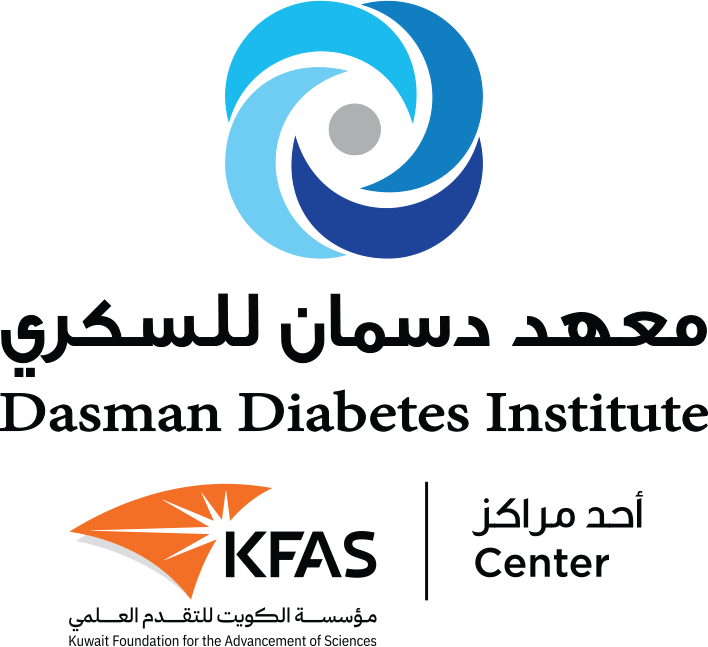Can Behavioral and Environmental Factors Influence Gene Activity and Cause Type 1 Diabetes?
Published on 04/04/2022

Recently, there has been a growing interest in examining the role of heritable changes caused by gene activation or deactivation in type 1 diabetes (T1D) development, primarily through processes that do not alter the DNA sequence such as epigenetics.
Researchers are particularly interested in differential DNA methylation. The department of Genetics and Bioinformatics at DDI explored the DNA methylation patterns between healthy family members and individuals affected with T1D of three Arab families from Kuwait; two of these families had twin siblings suffering from T1D while the third family had non-twinned siblings afflicted with T1D. We identified 84 differentially methylated genes between affected and healthy individuals across the three families.
To further increase the chance of capturing T1D candidate genes, we overlapped the differentially methylated genes with related publicly available datasets of genes whose activities are different between healthy and affected individuals in other studies.
This strategy prioritized 18 genes, one of which is Islet Cell Autoantigen 1 (ICA1) gene which plays an essential role in the destruction of pancreatic beta cells and insulin trafficking. To confirm our findings, we recruited more families that have affected individuals with T1D in which we demonstrated that regulation of ICA1 gene expression is different between T1D-affected and healthy individuals. Finally, our study showed that behavioral and environmental factors could impact gene activity that potentially may lead to T1D development.
Scientist Dr. Mohammed Dashti says: “The link between DNA methylation and diabetes provides clue on another mechanism for T1D development in family settings. This study is made possible only by using cutting-edge sequencing technologies made available in DDI”.
Dr. Thangavel notes: “it is known that there is a high prevalence of familial aggregation of diabetes in Arab populations. This reported family based approach involving T1D Kuwaiti twins, particularly monozygotic twins, is set to result in important epigenetics findings”.
Prof. Al-Mulla remarks: “Critical to such studies is the ability to collect deeply characterized cohorts of T1D families. We are working closely with clinicians from DDI and Kuwait to do exactly that”.


